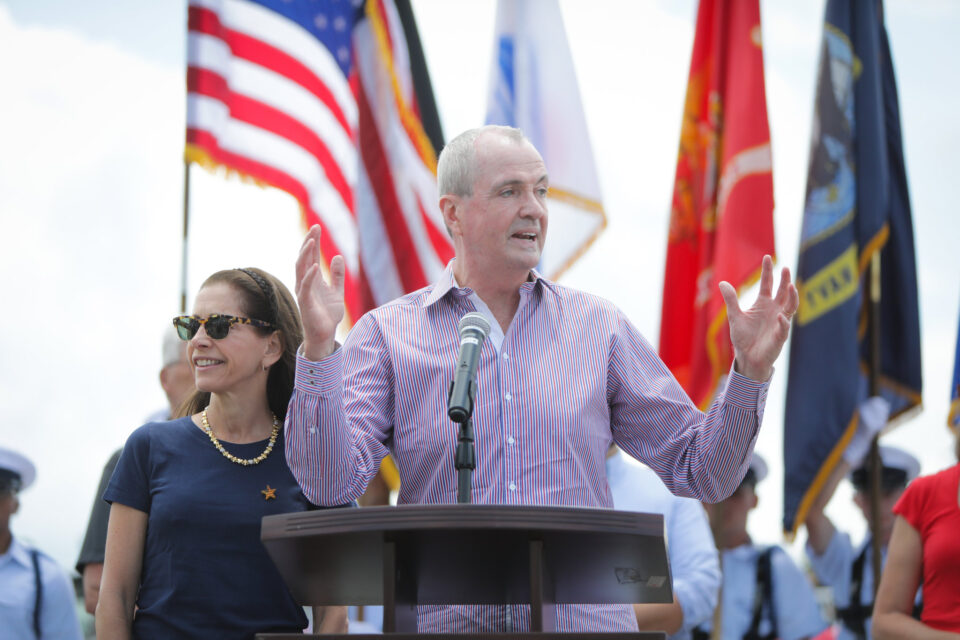Quote of the Day
September 27, 2010And Now For Something Completely Different…
September 27, 2010Seating Newark’s Children in the Front of the Bus
Question: Friday afternoon on Oprah during the announcement that Mark Zuckerberg was funding a $100 million grant to Newark’s public schools, why did U.S. Education Secretary Arne Duncan call the current momentum behind education reform a “Rosa Parks moment?” And why did Geoffrey Canada, superhero of Harlem Children’s Zone, repeat several times that his children go to public school?
Because the familiar alliances that have successfully thwarted school reform efforts in New Jersey (and elsewhere) are already forming squadrons in the wake of Zuckerberg’s gift. Various groups are loudly espousing their message that education reform is a form of noblesse oblige, a paternalistic movement that undermines the common man, threatens hard-working union members, and imposes a profit-driven, community-erasing rubric upon the great unwashed.
Duncan’s reference to Rosa Parks and Canada’s personal dedication to public schools represent a strategy aimed at undermining the rhetoric of anti-reformers: that initiatives like the Facebook donation are top-down ideas, trickle-down voodoo, an anti-union reform agenda that victimizes poor children and their families.
For an example of the rhetoric that bolsters this doctrine, look no further than today’s Star-Ledger where the usually reliable columnist Bob Braun succumbs to the condescension common among proponents of the status quo:
It’s a newly popular idea: New Jersey’s public schools fail. An idea promoted by politicians on the national prowl, privatizers who’ll sell anything for a profit, and clueless celebrities who live thousands of miles away and believe Tony Soprano really lives here.
Later in the article, Braun quotes Paul Tractenberg, founder of the Education Law Center, which has for many decades served as advocate for NJ’s poor urban students: “This is a very dangerous moment for public education. Instead of facing up to our responsibilities to support the schools, we are tearing them apart. We are destroying the very values that created the public school system.’’
NJ schools are high-performing and sustainable, adds an indignant Braun. Squalid achievement, corruption, and unaccountable costs are inevitable when educating impoverished children.
Listen to David Sciarra, Executive Director of the Education Law Center, on what would happen if Newark Mayor Cory Booker “even thinks of making a decision affecting Newark Schools”: “I have no doubt appropriate legal action would be taken on behalf of the residents of Newark to challenge such a move in court.” Or Assembly Speaker Sheila Oliver, always loyal to NJEA’s leadership,“We have to be very careful in terms of the intrusion into the public system and any donor that would provide funding to the Newark school system, but I do want to examine what strings come with it.” The donation, she continues, was designed to “circumvent the local community and local control.”
But ed reformers are nothing if not hip, and they are beginning to understand that change won’t happen without a “Rosa Parks moment,” a widespread, grassroots, community-driven demand for a paradigm shift in our poorest neighborhoods. You can practically hear Pete Seeger hollering, “Come on up to the front of the bus, I’ll be sitting right there!”
Well, we need more than a folksinger.
Isn’t there a sense in which those who bristle at reform initiatives are telling Rosa Parks to stay in the back of the bus? Where else are Newark’s schoolchildren sitting but right there? Aren’t those who defend the status quo in chronically failing districts like Newark advocating for maintaining the current segregated and unequal paradigm?
The reform movement in New Jersey needs some tuneful Rosa Parks, per Duncan’s reference, to trumpet the message that educational accountability and improvements in cities like Newark are the voice of the people, not the jingles of lobbyists and hedge-fund managers.




